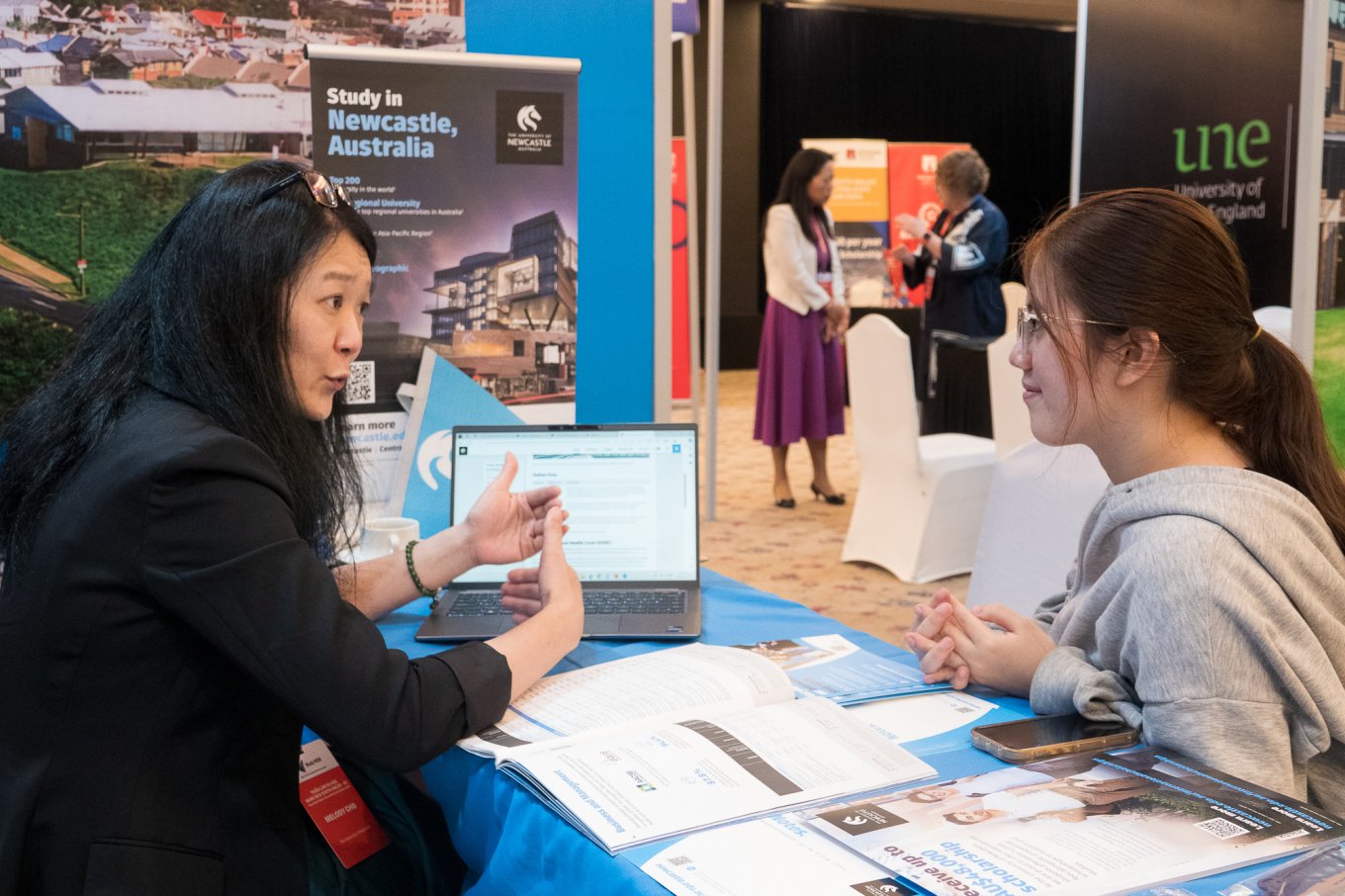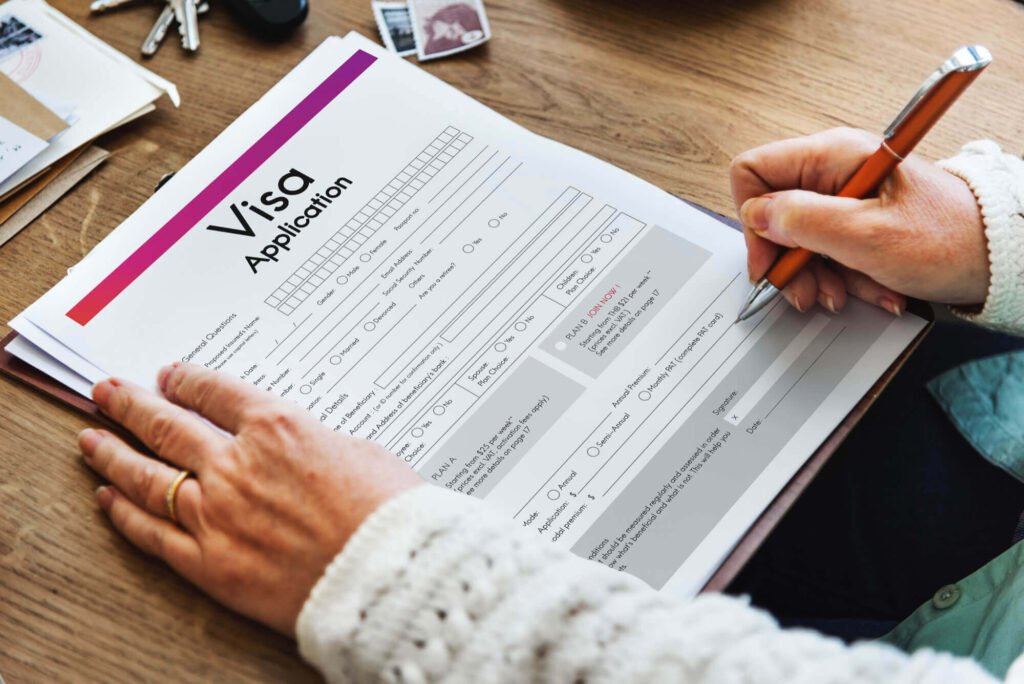Advertisements
Is your visa on the verge of collapse because of financial stress? I got you, and this could change everything. To manage finances for visa applications has become more complex than ever, and one wrong move could delay your entire future. But what if I tell you there’s a smarter way to plan, save, and prove your financial eligibility without losing sleep? From securing the right documents to uncovering funding tips, this guide will walk you through it all. Ready to unlock the secrets to a successful visa application? Let’s dive into the strategy they don’t teach you.
To set yourself on a solid foundation, you must begin your financial planning as soon as feasible. It calls for you to design a successful plan that takes into consideration elements like living expenses, tuition, visa fees, fluctuations in exchange rates, lifestyle, and incidentals related to the host nation. Actual costs will also vary on the institution and the program.
Getting a student visa isn’t just about academic acceptance, it’s also about financial readiness. In 2026, immigration officers carefully review whether you have the funds to sustain yourself throughout your studies. This means showing proof of liquid assets and a strong financial plan for your first year, including tuition, living costs, and visa-related fees. Without this, your visa application could be denied, no matter how strong your academic record is. Financial stability isn’t optional, it’s essential. Don’t worry, this guide will walk you through how to manage finances for visa applications and boost your visa approval odds.
Read Also: Central Michigan University: Ranking, Admission, Fees, Course Details, & Campus
Why Financial Preparation is Crucial for Visa Approval
In 2025–26, financial preparation has become one of the most decisive factors in securing visa approval. Immigration authorities now expect clear, verifiable proof that you can afford tuition, living expenses, and emergency costs while studying abroad. Without solid financial documentation, even the strongest academic profiles risk rejection.
A well-prepared financial portfolio bank statements, sponsorship letters, and scholarship proof, signals that you’re serious, responsible, and ready. It also reassures visa officers that you won’t become financially dependent on the host country. In short, if you want your visa approved without delays or denials, your financial readiness must be airtight and convincing from the start.
Read Also: RMIT University Scholarships 2025-26 in Australia I Fully Funded
VISA Process

Advertisements
It is recommended that you begin your asset management and financial planning a year in advance of the VISA application procedure, since it is a time-consuming process that may take several months. Since each nation has a unique VISA policy, charges linked with it may vary from one nation to another.
Documents Needed
The following paperwork is required to apply for a VISA:
- Application form: The first stage in the procedure is applying for a student VISA. The application form must have all relevant information filled out.
- Passport: Your passport must be valid for six months at the time you apply for a VISA.
- Admission Proof: To establish that you have been admitted into a given university to complete your course of study or degree, you will need to present your CAS.
- Proof of Funds: You need to show that you have adequate money to pay for your study abroad program. You must present your family member’s financial statements if they are paying for your schooling. Most students these days choose to pay for themselves, so they take out bank loans, for which they must provide a letter from the bank verifying loan approval.
- Civil Documents: You will be required to present other official documents, such as your birth certificate, proof of residency, marriage certificate (if applicable), resume, etc.
Read Also: University of Toronto Acceptance Rate 2025-26: Details, Requirements and More
Things to Take Into Account When Making a VISA Financial Plan

Advertisements
- A big, sudden financial deposit into the account should be avoided.
- Avoid putting off any duties till the last minute.
- On the VISA application form, provide accurate information.
- Effectively manage your time for all of your tasks.
- Research bank loans extensively, taking notice of interest rates, accessible payment options, essential papers, and other perks and advantages that a bank may provide.
- Examine the bank’s lending policies and terms in light of your demands.
- Consider your scholarship alternatives carefully in terms of their relevance.
- Because each country has its own unique VISA conditions, you need to make plans correctly.
Expenses Incurred for a Visa Application
The following are included in the overall costs for a visa application:
- Visa application cost
- Immigration health surcharge
- Evidence of finances
- A set sum of money in a bank account for a visa that covers living expenses and education for a minimum of one year
Read Also: Cheapest Universities in the UK for International Students in 2025-26
How to Manage Finances for Visa Applications
The cost of securing a visa may involve both the application process and the presentation of money. In addition to the application charges, exact verification of the needed money is just as crucial as the visa fee. The following are some techniques to manage finances for visa applications:
Prompt Planning
Candidates seeking admission to a foreign school must begin their preparations a year in advance. This allows students ample time to not only uncover methods to pay for their education but also to pass university-specific necessary tests like the GRE, GMAT, SAT, ACT, TOEFL, and IELTS.
Advertisements
In order to avoid a last-minute rush, parents must prepare ahead and begin diligently depositing money into the bank. Visa officers are sharp and may quickly find the true reason for an unexpectedly high account balance as evidence of money for a visa.
Estimating Liquid Assets
A liquid asset is any sort of asset that can be easily and freely turned into cash in less than seven days. Savings accounts, fixed deposits, stock and mutual funds, the withdrawal part of your provident fund, the surrender value of a life insurance policy, investments in precious metals, and more are examples of liquid assets. With some constraints, gold (though not in all forms) is also classified as a liquid asset, and a government-approved valuer’s evaluation certificate is essential.
Read Also: Macquarie University Scholarships 2025 in Australia | Apply Now
Look at Other Options for Paying for Your Study Abroad
You can start exploring ways to raise money from other sources to make up the difference once you have a reasonable idea of the amount of money needed relative to your liquid assets. One option is to apply for fee waivers, fellowships, and scholarships. International students are gaining financial aid from some universities primarily based on their academic performance.
Advertisements
Assistantships are also available at some universities. The number and type of aid offered change from one university to another and depend on the department for which you are applying. The majority of famous colleges have their scholarship service panels that determine whether scholarships will be awarded based on need or excellence.
Loans for Education
You can apply for student loans from trustworthy banks as soon as you determine the difference between the amount of money needed to continue your studies abroad and the amount of money that is already available. With overseas student loans, several banks are gladly offering free insurance coverage, tax advantages, and flexible payback alternatives. They make the application approach swift and easy, in addition to supplying some collateral options. The student’s life is made easier by speedy approval and payment, sometimes even straight to the university.
Read Also: RMIT University Scholarships 2025-26 in Australia I Fully Funded
Key Requirements to Manage Finances for Visa Applications

Advertisements
- Proof of Funds: Many visa categories demand proof of funds to verify that you have the resources to support yourself. This can include recent bank statements, sponsor letters, or financial statements. Be sure to check the particular amount required for your visa type, since it can fluctuate according to location and time of stay.
- Income Statements and Tax Records: Revenue papers and tax returns may be sought to establish a regular revenue source. This is especially popular for long-term visas or when you’re self-funding your stay.
- Bank Account Balances: Applicants often need to exhibit bank balances that meet or over the statutory minimum. This is particularly critical for student, employment, and tourist visas. Check your balance well in advance to ensure it satisfies these recommendations.
- Sponsor or Guarantor Documents: If you have a sponsor, such as a family member, ensure you have papers verifying their financial stability. This generally includes their bank statements, a signed sponsorship letter, and proof of relationship.
Read Also: UK Universities that Accept Low GPA for Masters in 2025-26
Understand the Financial Requirements by Country (2025–26)
One of the most important requirements for student visa applications is financial documentation. Each country has its own rules and thresholds, and failing to meet them could lead to visa delays or outright denial, even if you’ve already been accepted into a university. To avoid surprises, here’s a breakdown of what you’ll need to show for top study-abroad destinations in the 2025–26 academic year:
United States
Required Document:
- Form I-20 (issued by your university)
Proof that you can fund at least one full academic year of tuition and living expenses. - The entire cost of attendance indicated on your I-20 must be matched or greater by the financial documents.
Acceptable Proof:
Advertisements
- Recent bank statements (student or sponsor)
- Affidavit of support (if sponsored)
- Proof of approved student loans or scholarships
Note: Visa officers prefer to see liquid funds (e.g., savings, not property or fixed assets).
Canada
Programs:
- SDS and non-SDS streams
- Proof of funds for first-year tuition
- CAD10,000 (outside Quebec) or CAD11,000 (within Quebec) for living expenses
- CAD200–$500 for travel costs
Common Methods:
- A Guaranteed Investment Certificate (GIC) is purchased, particularly for SDS.
- Bank statements and loan letters
- Scholarship letters (must state amount clearly)
Apply under the Student Direct Stream (SDS) for faster visa processing if you’re from eligible countries and meet financial documentation standards.
Advertisements
United Kingdom
- Tuition fees for the first year
- Living costs for up to 9 months:
- £1,334/month in London
- £1,023/month outside London
-
Before applying, funds must be in your account for a minimum of 28 days in a row.
Acceptable Documents:
- Personal bank statements
- Parent/sponsor bank statements (with consent and relationship proof)
- Student loan letters
- Official scholarships
Note: Documents must not be older than 31 days on the day of the visa application.
Australia
- 12-month cost of living: AU$24,505
- Tuition fees for the first year
- Travel costs: approx. AU$2,000
- If you’re accompanied by family, additional funds are required.
Acceptable Proof:
- Bank statements (yours or sponsor’s)
- Government or institutional loan confirmation
- Scholarship documents
Australia also accepts annual income evidence of your parents or spouse if it’s over AU$72,465/year (AU$84,543 if accompanied by family).
Advertisements
Read Also: Open Doors Scholarships in Russia 2025-26| Study in Russia
Frequently Asked Questions on How to Manage Finances for Visa Applications
To sum up, to manage finances for visa applications is a key stage that demands extensive preparation and organization. Ensuring your finances are in order will speed up the process and boost your chances of getting approved, from meeting proof-of-funds rules to paying application costs and probable living expenses. You may decrease financial stress and approach the visa application process with confidence by setting a budget, putting money away, and maintaining track of the essential papers.
Your application will also be further safeguarded by employing trustworthy financial goods, being conscious of currency exchange rates, and having money set up for unforeseen charges. Keep in mind that being financially prepared shows immigration officials that you are steady and prepared in addition to completing visa requirements. You’re one step closer to accomplishing your overseas education or vacation ambitions with a well-prepared financial profile. To guarantee that your visa application procedure is smooth and stress-free, begin planning ahead of time, maintain organization, and maximize financial resources.
Advertisements